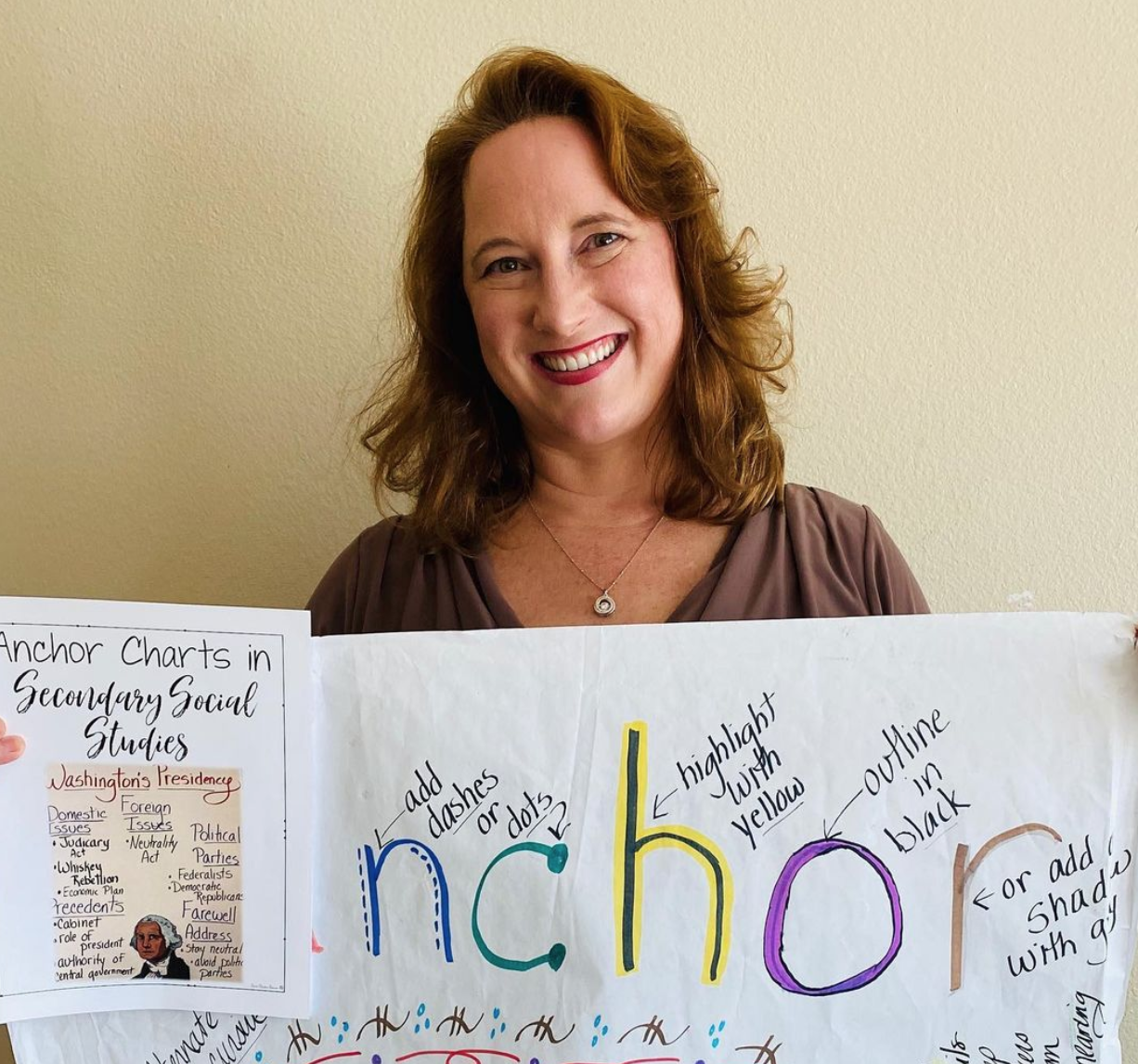Gallery
Photos from events, contest for the best costume, videos from master classes.
 |  |
 |  |
 |  |
 |  |
 |  |
 |  |
We do know that February has long been celebrated as a month of romance, and that St. Valentine’s Day, as we know it today, contains vestiges of both Christian and ancient Roman tradition. Valentine's Day, also called Saint Valentine's Day or the Feast of Saint Valentine, [1] is celebrated annually on February 14. [2] It originated as a Christian feast day honoring a martyr named Valentine , and through later folk traditions it has also become a significant cultural, religious and commercial celebration of romance and love in Valentine’s Day is the holiday (February 14) when lovers express their affection with greetings and gifts. It may have had beginnings in the Roman festival of Lupercalia, which celebrated the coming of spring and included fertility rites and other activities, but the origin of the holiday is vague at best. In this article, we take a look at the various historical and cultural influences that have shaped Valentine’s Day. From the mysterious figure of Saint Valentine and the ancient Roman festival of Lupercalia to the medieval traditions of courtly love and the commercialization of the holiday in the modern era, we explore how February 14th became the day to celebrate love. Giving valentines. According to the lore, the second St. Valentine didn’t just fall in love with his jailer’s daughter. He also sent her a final farewell letter, signed “from your Valentine.” The History of Valentine's Day, and Why We Celebrate. Valentine’s Day may be associated with romance, but the history of the holiday isn’t exactly lovey-dovey. Here are the facts you may not know—plus, fun ideas for Valentine's Day 2025. Why do we celebrate Valentine's Day today? Valentine's Day's transformation into a holiday about romantic love can be attributed to the Romantic English poet Geoffrey Chaucer. The Times notes that Jack B. Oruch, a late University of Kansas English professor, credits Chaucer for modern ideas about Valentine's Day. Through his research, Oruch How Valentine’s Day Became a Day of Love. While the origins of Valentine’s Day were steeped in martyrdom and early religious traditions, its connection to love and romance grew in the Middle Ages. During this time, it was commonly believed that birds began their mating season on February 14th, reinforcing the idea that this day was meant Therefore, Oruch claimed, Chaucer invented Valentine's Day as we know it today. At the time of Chaucer's writing, February 14 also happened to be considered the first day of spring in Britain, because it was the beginning of the bird mating season—perfectly appropriate for a celebration of affection. Learn about St. Valentine's Day origins, the unlikely place the first valentine came from, why we say 'wear your heart on your sleeve' and more. Ahoy! Lets Think!Today we answer the question why do we celebrate valentine's day?Valentines day happens every year on February 14 and we know it as a day wh Couples send Valentine's Day cards and flowers and spend special time together to honour their love for each other. The Early History of Valentine's Day. Valentine's Day is named after Saint Valentine, a Catholic priest who lived in Rome in the 3rd Century. There are many stories about St Valentine and over time these stories grew into the So, how did we get from beheading to betrothing on Valentine’s Day? Early origins of St. Valentine Ancient sources reveal that there were several St. Valentines who died on Feb. 14. Why do we celebrate Valentine's Day? Whether or not Chaucer can be fully credited, it is true that he and fellow writer Shakespeare popularized the amorous associations surrounding the day. Soon, people began penning and exchanging love letters to celebrate Valentine's Day. Valentine’s Day is fully immersed in modern society and has been a muse of art for over eight centuries. Before the holiday was written about by The Replacements, Frank Sinatra, Dore Alpert, Bruce Springsteen, and the like, how did Valentine’s Day come to be? Why Do We Have Valentine's Day? More importantly though, they may ask: why do we give Valentine’s Day cards anyway? The custom of trading valentines seems to have begun in Europe and the United States in the 18th century, but some legends attribute the exchange of affectionate greetings to St. Valentine himself. Valentine may have been the name of one or two martyred Why Do We Celebrate Valentine’s Day? | A Fun Valentine’s Story for Kids 💖 Have you ever wondered why we celebrate Valentine’s Day? In this fun and education The History of Valentine's Day, and Why We Celebrate Valentine’s Day may be associated with romance, but the history of the holiday isn’t exactly lovey-dovey. Here are the facts you may not know—plus, fun ideas for Valentine's Day . Whether you love Valentine's Day or hate it, one thing is clear: The holiday goes way back. Learn about St. Valentine's Day origins, the unlikely place the first valentine came from, why we say 'wear your heart on your sleeve' and more. For the uninitiated, the week leading up to Valentine’s Day on February 14 is celebrated as Valentine Week. Each day is dedicated to a certain aspect of celebrating relationships. February 7, 2025 (Friday) — Rose Day; February 8, 2025 (Saturday) — Propose Day; February 9, 2025 (Sunday) — Chocolate Day; February 10, 2025 (Monday
Articles and news, personal stories, interviews with experts.
Photos from events, contest for the best costume, videos from master classes.
 |  |
 |  |
 |  |
 |  |
 |  |
 |  |